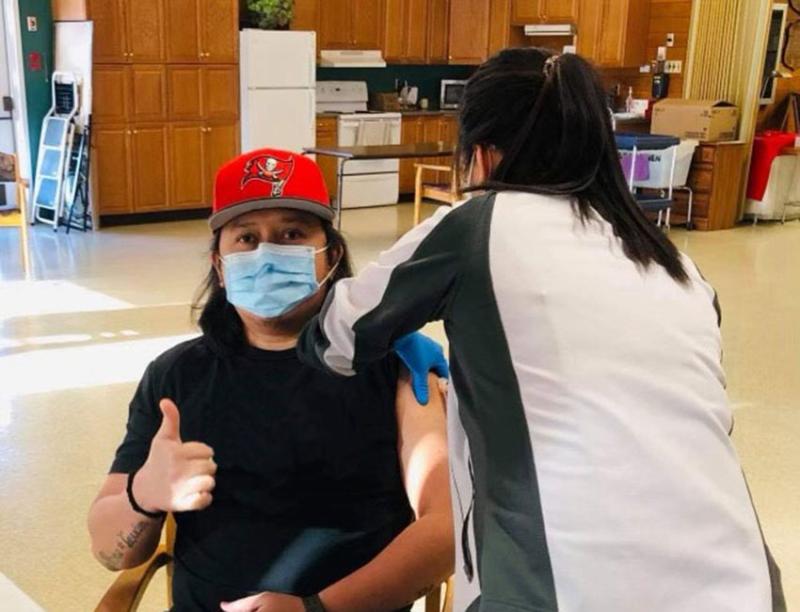COVID-19 Boosters: Your internal security team
On December 20, 2021, COVID-19 boosters eligibility expanded to anyone aged 18 and over in Saskatchewan at least three months after completing the second dose of a two-dose vaccine. Those who are moderately to severely immunocompromised, and those with diabetes born in 2009 or earlier are also eligible to receive a third or fourth booster dose at the three-month interval.
By now, most people have heard the advice from our medical community that they should get a booster dose – particularly in light of the Omicron variant of concern – but not everyone understands why, or how boosters work.
Vaccines work by helping to train your body to combat infection, so that if you come into contact with COVID-19, your immune system knows how to fight it off, or if you do contract the virus, you don’t become as sick and have a lower chance of being hospitalized. Think of it as having an internal security team protecting you against the virus, patrolling your body and fighting to keep infection out when needed, and scaling up to train new team members (your antibodies) to remove infection if it gets in.
Over time, protection can decrease, particularly among the elderly and those with underlying medical conditions. You are still protected, but you’re not on high alert anymore, which means your body has to work to train new security guards (antibodies) to increase protection when a threat is detected.
A booster gives you increased protection before the virus arrives, increasing your body’s defense to what it was after becoming fully vaccinated. This extra protection is your best defense against becoming seriously ill.
The unvaccinated don’t have the same protection against the virus. If they contract COVID-19, their body has to figure out how to fight it without the extra help the vaccine provides, which is why they are at greater risk of serious illness and death. There is no specially trained security team looking out for their immune system when COVID attacks.
The booster is particularly important in light of the new Omicron variant, which is considerably more transmissible than the original strain, or the Delta variant. As it spreads much faster, Omicron has the potential to make more people sick faster. While data on Omicron is still limited, emerging studies show that mRNA vaccines do provide some protection against it, and that a booster dose can increase that level of protection by a considerable amount.
It takes approximately one to two weeks for a booster to have maximum impact, so book your booster dose today and give yourself the best protection you can against COVID-19 and its variants.
For more information on vaccines, and to find or book an appointment, go Saskatchewan.ca/covid19-vaccines.



